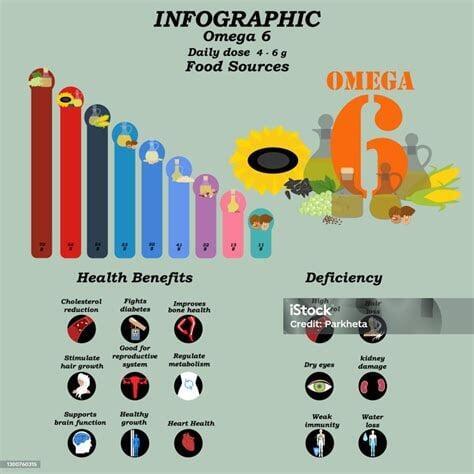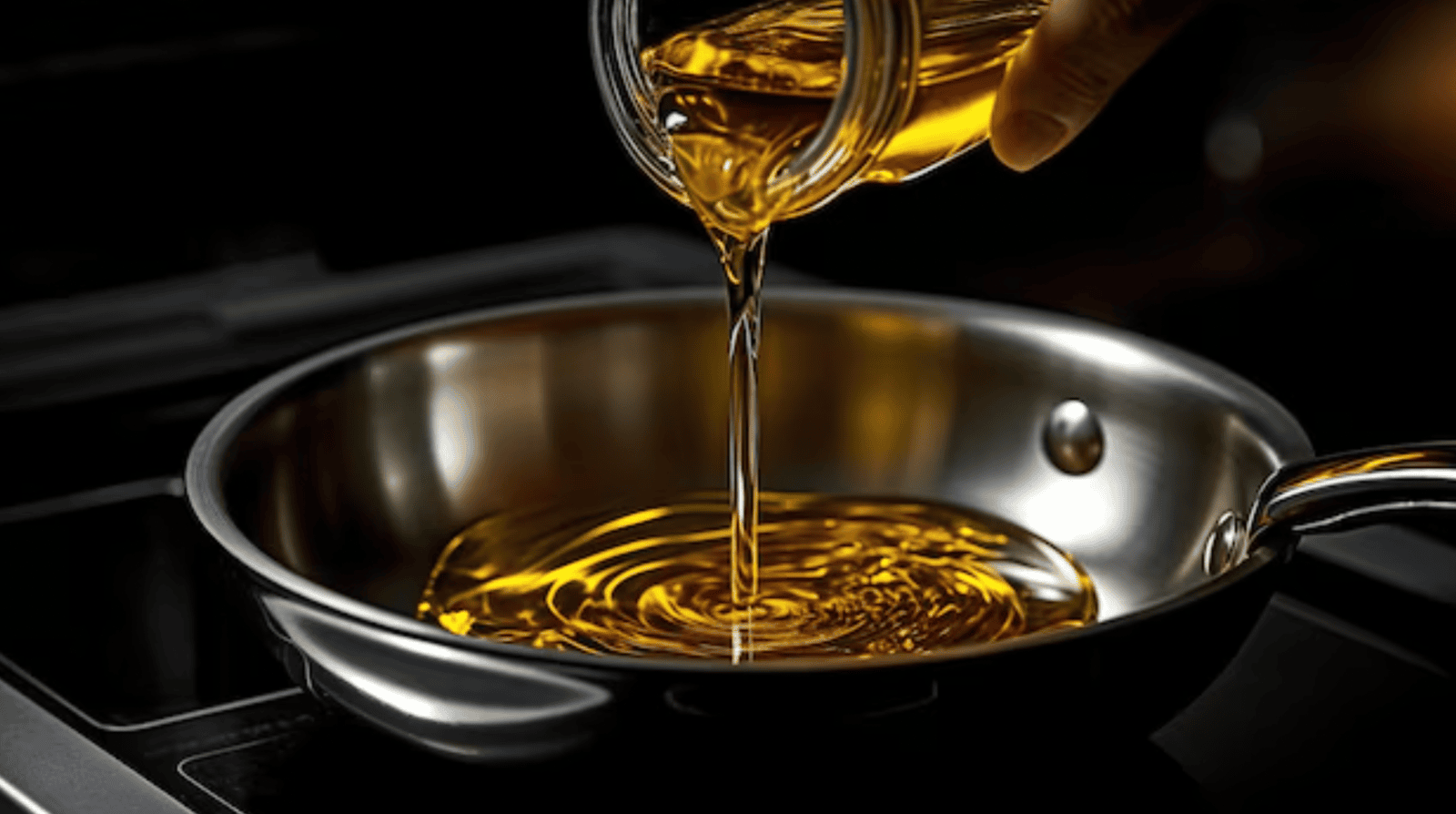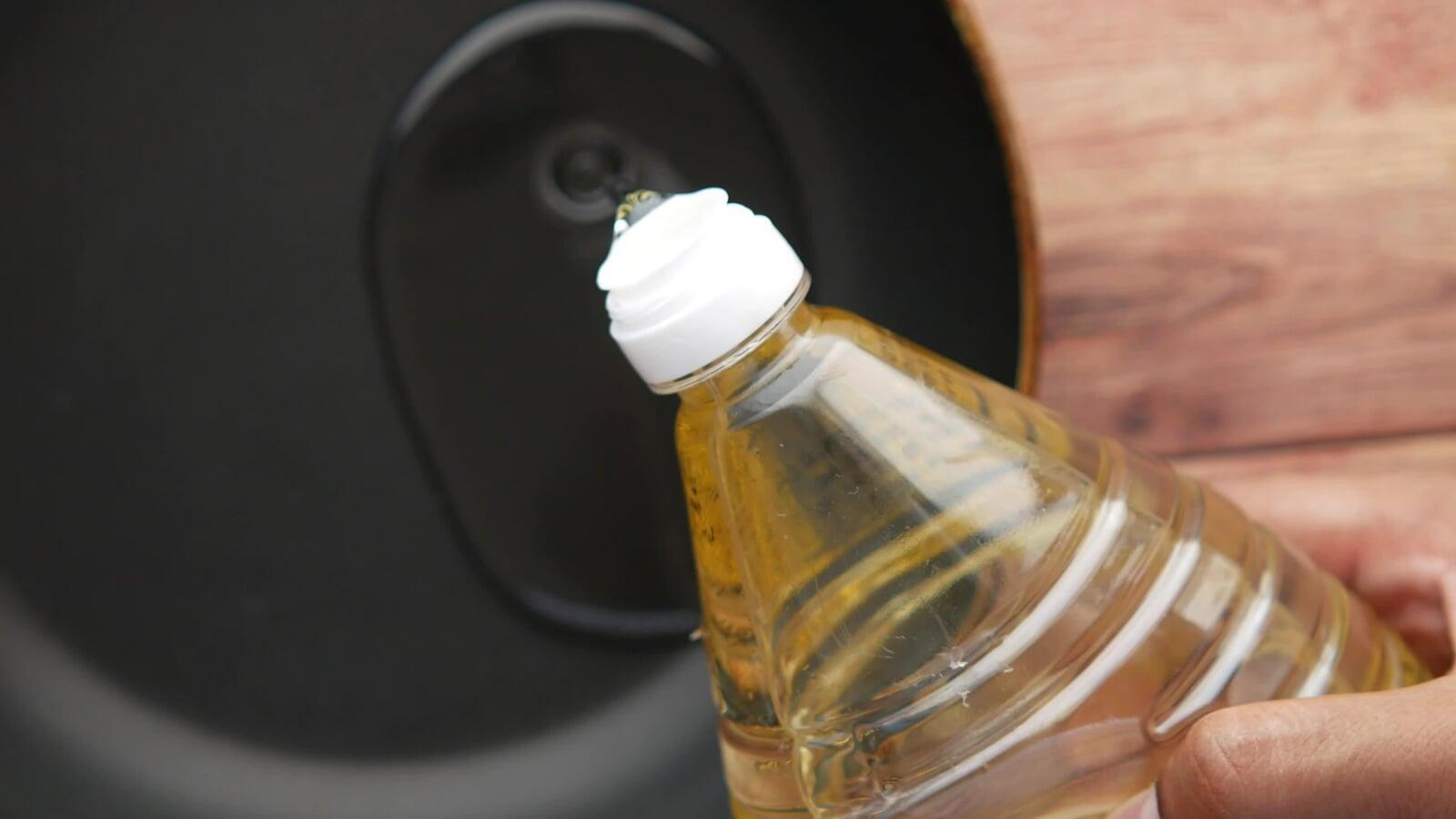
A study presented at the June 2025 American Society for Nutrition meeting found that adults with higher blood levels of linoleic acid (the main omega-6 fat in seed oils) showed fewer markers of inflammation and a lower risk of type 2 diabetes. Far from being “toxic,” seed oils such as sunflower, canola, soybean, and safflower may help support metabolic and heart health when they replace saturated fats like butter.
Why This Study Matters
| What researchers measured | Key takeaway |
|---|---|
| Omega-6 fatty acids (total) & linoleic acid | Higher levels → lower C-reactive protein and other inflammatory markers |
| Fasting insulin & glucose | Higher linoleic acid → better glucose control, reduced diabetes riskSample size: 1,894 U.S. adults |
Design: Observational cross-sectional analysis presented at ASN 2025
Expert quote: “Limiting seed-oil intake is not warranted based on current evidence.” – Kevin C. Maki, PhD (Lead author)
Linoleic Acid 101
Essential fat – your body can’t make it.
Found in sunflower, corn, soybean, safflower, grapeseed, rice-bran, peanut & canola oils.
Heart-smart: Replacing 10 g of butter with plant oils daily cut cancer mortality by 17 % in a separate 2025 study. verywellhealth.com
Endorsed by guidelines: The American Heart Association lists polyunsaturated oils as a proven way to lower LDL-cholesterol.

Busting the “Seed-Oil = Inflammation” Myth
Inflammatory markers drop, not rise, when linoleic acid levels increase.
Context matters: Many ultra-processed snacks contain seed oils and added sugar/salt; cutting those foods may drive improvements wrongly attributed to ditching the oil. verywellhealth.com
Saturated-fat swap: Replacing butter, coconut or palm oil with polyunsaturated oils is linked to lower cardiovascular risk. heart.org

How to Use Seed Oils Wisely
| Cooking task | Best oil choice | Why |
| High-heat sautéing, frying | Refined sunflower or canola | Neutral flavor, 450 °F smoke point, stable |
| Salad dressings & dips | Cold-pressed sunflower, grapeseed | Delicate taste, vitamin E boost |
| Baking swaps | Sunflower or soybean | Replace 1 cup butter with ¾ cup oil + ¼ cup yogurt for lighter crumb |

At Texas Trade Connect (TTC), we bottle Westa Pure Sunflower Oil—non-GMO, 100% natural, and refined to withstand temperatures of up to 450°F. Swapping it for saturated fats is one small move that can help modernize home cooking while aligning with the newest science on inflammation and metabolic health.

